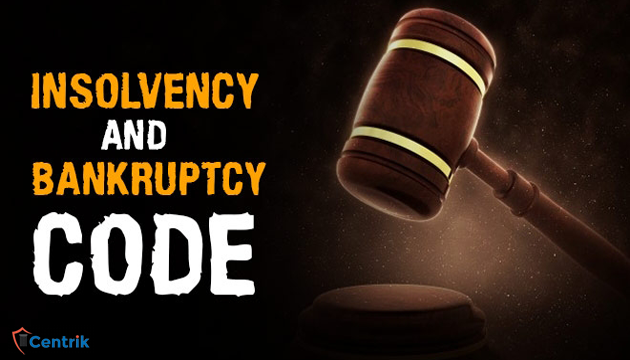
As we are all aware that once an application to initiate the insolvency resolution process is admitted and the Corporate Insolvency Resolution Process commences; all the powers of the management of controlling the assets of the Corporate Debtor or Company is transferred to the Resolution Professional or the liquidator as the case may be.
How can the creditors secure themselves from the fraudulent transactions or preferential transactions?
Initiation of insolvency resolution process does not protect the creditors from further fraud and the ill intention of the Corporate Debtors misusing the assets of the Corporate Debtor. Once the Corporate Debtor is aware or comes under the apprehension that anytime in future an insolvency petition can be filed against the Corporate Debtor, the corporate debtor will definitely try to enter into such transactions so as to benefit the Corporate Debtor through its partners or promoters or guarantors wherein the Corporate Debtor will try to release the security interest and transfer the proceeds in the name of aforementioned related parties or keep the assets of the Corporate Debtor away from the reach of the person who is entitled to make a claim against the corporate debtor.
There are several provisions under IBC which are meant to protect the interests of the creditors and to avoid any unfair transaction which takes place to harm the position of the creditors in any way. Some of them are produced herein as under:-
Preferential transactions under Section 43:-
- Where the Resolution professional or liquidator is of the opinion that any transaction has taken place for the benefit of a particular creditor or a surety or a guarantor against the financial or operational debt owed by the corporate debtor; and
- Such transaction puts such creditor or surety or guarantor at a better position than it had been in the normal course of transactions subsequent to the CIRP or Liquidation.
Undervalued transactions under Section 45:-
- As per the provisions of this section of IBC if any transaction has taken place by the corporate debtor at a value much less than the actual value of the asset or security interest or proceeds of the property involved in such transaction, or
- If the Corporate Debtor enters into any transaction with any person and receives the value of the particular asset less that what has been paid by the Corporate Debtor.
Defrauding transactions under section 49:-
In any case where the corporate debtor enters into certain undervalued transactions with a person deliberately with the motive to keep away the asset from the reach of the corporate debtor or in order to adversely affect the interests of such a person who are entitled to claim against the Corporate debtor.
Fraudulent Trading under Section 66:-
When any business of the corporate debtor is carried on with the intent to defraud the creditors during the insolvency resolution process or before the insolvency resolution process where the Corporate Debtor or any Partner or Director, involved in such transaction was aware of the Initiation of CIRP in near future.
Application to the adjudicating authority
In any of the above circumstances the Resolution professional or Liquidator appointed shall file the application for avoidance of the aforementioned transactions to protect the interest of the creditors, however pertaining to undervalued transactions, if the resolution professional or liquidator fails forms its own opinion or to notify the same to the Adjudicating Authority then the creditor, promoter or corporate debtor himself can himself file the application of avoidance in such matters as the case may be.
Relevant Time Period:-
In case of avoidance of any of the above transactions the Resolution Professional or Liquidator should demonstrate that such transaction:-
- Took place with the related party, as defined under IBC, within the period of 2 years preceding the Insolvency Resolution Process.
- Took place with any person within the time period of 1 year preceding the Insolvency Resolution Process.
Disclaimer – Please note that the above articles is based on the interpretation of related laws and judicial pronouncement which may differ from person to person. The reader are expected to take the expert opinion on the matter.





 join For Updates
join For Updates
Hello mates, its enormous post concerning educationand completely explained, keep it up all
the time.